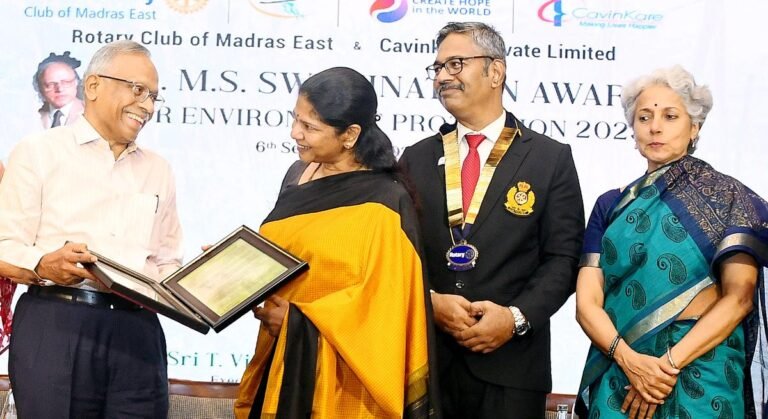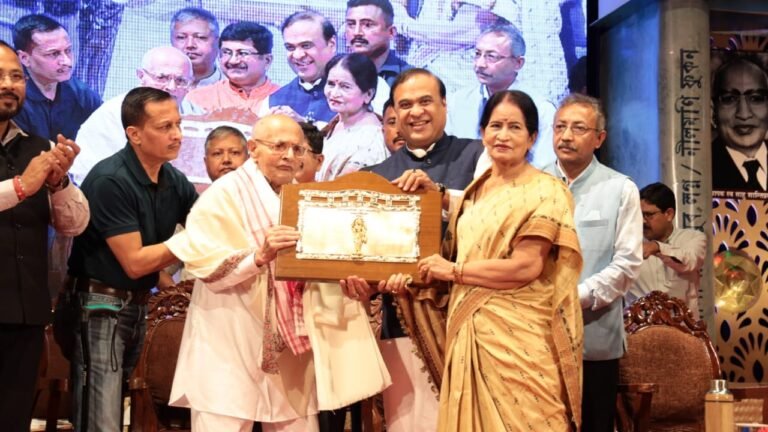Here’s something that’ll surprise you: Turkey sits right between Europe and Asia, and honestly? That creates one of the most fascinating cultural mixes you’ll ever encounter. But here’s the thing: if you’re not prepared for the local customs, you might find yourself in some pretty awkward situations.
Whether you’re heading to Istanbul for business meetings or you’re planning to wander through those incredible Cappadocia ruins, getting the hang of local etiquette isn’t just about being polite (though that’s important too). It’s about creating real connections and making sure your trip goes smoothly.
When you master cultural etiquette in Turkey, something magical happens. You stop being just another tourist snapping photos. Instead, you become a welcomed guest who gets invited to share tea, hear family stories, and discover hidden gems that guidebooks never mention.
Essential Dress Codes and Appearance
Dressing appropriately shows you respect local sensitivities while keeping you comfortable throughout your adventures. Pro tip: getting a turkey esim before you arrive lets you research local customs on the fly and stay connected with your new Turkish friends, no crazy roaming charges either.
Mosque Etiquette
Turkey’s mosques are absolutely stunning, but visiting them requires some preparation. Both men and women need to cover their shoulders, arms, and legs completely. Women need head coverings too, but don’t stress; most mosques provide scarves right at the entrance.
Shoes come off before entering (there are storage areas for this). During prayer times, keep quiet and avoid walking in front of people who are praying. Photography rules vary by mosque, so just ask first. Simple.
Business and Casual Settings
Istanbul’s business districts embrace Western dress codes but lean conservative. Men should stick with long pants and collared shirts. Women do well with longer skirts or pants and covered shoulders. Even when it’s sweltering hot, revealing clothing attracts unwanted attention and might seem disrespectful in professional settings.
Casual wear gives you more flexibility, but tank tops and short shorts basically scream “tourist” and might limit where you can go.
Regional Differences
Eastern Turkey keeps things more traditional than those breezy western coastal areas. What flies in Antalya’s beach resorts might feel completely wrong in Kars or Van. Research your specific destinations and pack smart; a light cardigan or scarf solves most coverage issues.
This regional awareness becomes crucial when planning travel tips for Turkey, as both climate and culture influence what’s appropriate to wear.
Understanding Turkish Social Norms
Turkish people? They’re incredibly warm and genuine. Social connections matter here; like, really matter. And get this: Istanbul is expected to welcome around 6 million business travelers in 2024, an increase from 5.25 million in 2023. That’s a lot of people who need to figure out how to navigate these social waters!
Greeting Customs and Personal Space
Now, here’s where things get interesting. Turkish greetings aren’t one-size-fits-all. Men? They’ll shake hands with that firm grip while looking you straight in the eye. But women? Wait for them to extend their hand first. Don’t be that person who assumes.
In more traditional areas, you might see people do this lovely gesture, a slight bow with the right hand placed over the heart. It’s beautiful and shows real respect.
Personal space works differently here, too. Don’t freak out if people stand closer during conversations than you’re used to. Same-gender friends often walk arm-in-arm, and no, it doesn’t mean what you might think. But opposite-gender touching? That’s reserved for family or very close friends.
Religious Considerations
Turkey’s government might be secular, but Islam still influences daily life in subtle ways. You’ll notice businesses pause briefly during prayer times. Show some patience; it demonstrates respect and costs you nothing.
Near mosques, especially during Friday prayers, keep your voice down. Common courtesy, right? And during religious holidays like Ramadan, even if locals aren’t strictly observing, eating conspicuously during daylight hours can come across as insensitive in traditional neighborhoods.
Family Values and Respect
Family is everything here. Seriously. Ask someone about their family, and watch their face light up. It’s the perfect conversation starter and shows you’re genuinely interested in them as a person.
Elderly people get special treatment, and rightfully so. Always offer your seat on public transport. Address older folks with titles like “Amca” (uncle) or “Teyze” (aunt). These small gestures make a huge difference.
Oh, and here’s something important: refusing offered tea or food can seem rude, even when you’re completely stuffed. The hospitality runs deep.
Dining and Hospitality Traditions
Turkish hospitality is legendary; we’re talking world-famous here. But navigating food customs successfully means understanding those subtle social cues. The average length of stay for corporate travelers in Istanbul has been reported at approximately 2.1 to 2.5 nights across various hotel types, so you’ll likely experience Turkish dining etiquette during important business meals.
Table Manners and Food Culture
Bread is sacred here. Never waste it or flip it upside down on tables. Turks typically break bread by hand rather than cutting it, and sharing bread creates this symbolic bond between diners.
Wait for the eldest person to start eating. Don’t refuse seconds when offered; it suggests the food wasn’t good enough. Finishing everything on your plate? That’s the ultimate compliment to the cook. Leaving food implies dissatisfaction.
Gift-Giving Protocols
Got invited to a Turkish home? Bring small gifts like pastries, flowers, or chocolates. Skip the alcohol unless you know the family drinks, and avoid expensive gifts that might embarrass your hosts. Present gifts with both hands while expressing genuine gratitude.
Remove shoes at the entrance and graciously accept offered slippers. These social customs in Turkey tradition maintain home cleanliness and show respect for private spaces.
Tea and Coffee Customs
Turkish tea culture goes way deeper than just drinking a beverage. Refusing offered tea can seem unfriendly, though explaining dietary restrictions usually clears up any awkwardness. Tea comes in those adorable small glasses, and locals often drink several during social visits.
Coffee ceremonies involve more formality, especially Turkish coffee served after meals. Tradition dictates that whoever made it serves others first. Complimenting the preparation shows real appreciation.
Communication Styles and Body Language
Understanding Turkish communication patterns helps avoid misunderstandings and builds stronger connections with locals throughout your journey.
Non-Verbal Communication
That Turkish “tsk” sound (tongue clicking) means “no” or “there isn’t any”; it’s not rude, just efficient communication. Raising eyebrows also indicates “no,” while touching your heart after handshakes shows sincerity.
Pointing with your index finger seems aggressive here. Use an open hand instead. And that “okay” hand gesture (thumb and forefinger circle)? It has offensive meanings in Turkey, so stick with thumbs-up for positive signals.
Conversation Topics
Politics and religion require careful navigation. While Turks often discuss these topics passionately among themselves, foreign visitors should listen more than contribute unless specifically asked for opinions. Respectful behavior in Turkey means acknowledging different viewpoints without getting into arguments.
Family, food, travel experiences, and Turkish culture make excellent conversation starters. Turks take immense pride in their country’s history and often love sharing recommendations with interested visitors.
Business Interactions
Turkish business culture blends relationship-building with professional efficiency beautifully. Meetings often start with personal conversation before diving into business matters. Patience during this relationship-building phase pays huge dividends in successful negotiations.
Hierarchy matters in Turkish business settings. Address senior colleagues formally and wait for proper introductions rather than approaching directly. Building trust takes time, but it creates lasting business partnerships.
These communication insights form essential components of any comprehensive Turkey travel guide for business or leisure travelers.
Final Thoughts on Turkish Cultural Etiquette
Understanding Turkish customs transforms your visit from simple sightseeing into a meaningful cultural exchange. These etiquette guidelines help you connect authentically with locals while honoring traditions spanning centuries. The effort you put into learning cultural etiquette in Turkey returns tenfold through genuine friendships, smoother interactions, and insider access to experiences most tourists never discover.
Remember this: Turks appreciate sincere attempts to understand their culture far more than perfect execution. Your respectful curiosity opens doors throughout this remarkable country. So go ahead, make those connections, share that tea, and let Turkey’s incredible hospitality work its magic on you.
Your Essential Questions About Turkish Etiquette
What should I do if I accidentally offend someone in Turkey?
Apologize sincerely and explain that you’re still learning Turkish customs. Most Turks appreciate honest efforts to understand their culture and forgive genuine mistakes gracefully.
Is it safe to travel alone as a woman in Turkey?
Absolutely, but dress modestly and avoid isolated areas at night. Turkish women make excellent resources for local advice, and staying in well-reviewed accommodations significantly increases safety.
How much should I tip in Turkish restaurants and services?
Unbuckling seatbelts or standing before the plane stops taxiing can now result in a fine of €62. For restaurants, 10-15% works for good service, while rounding up suffices for casual dining and taxis.









